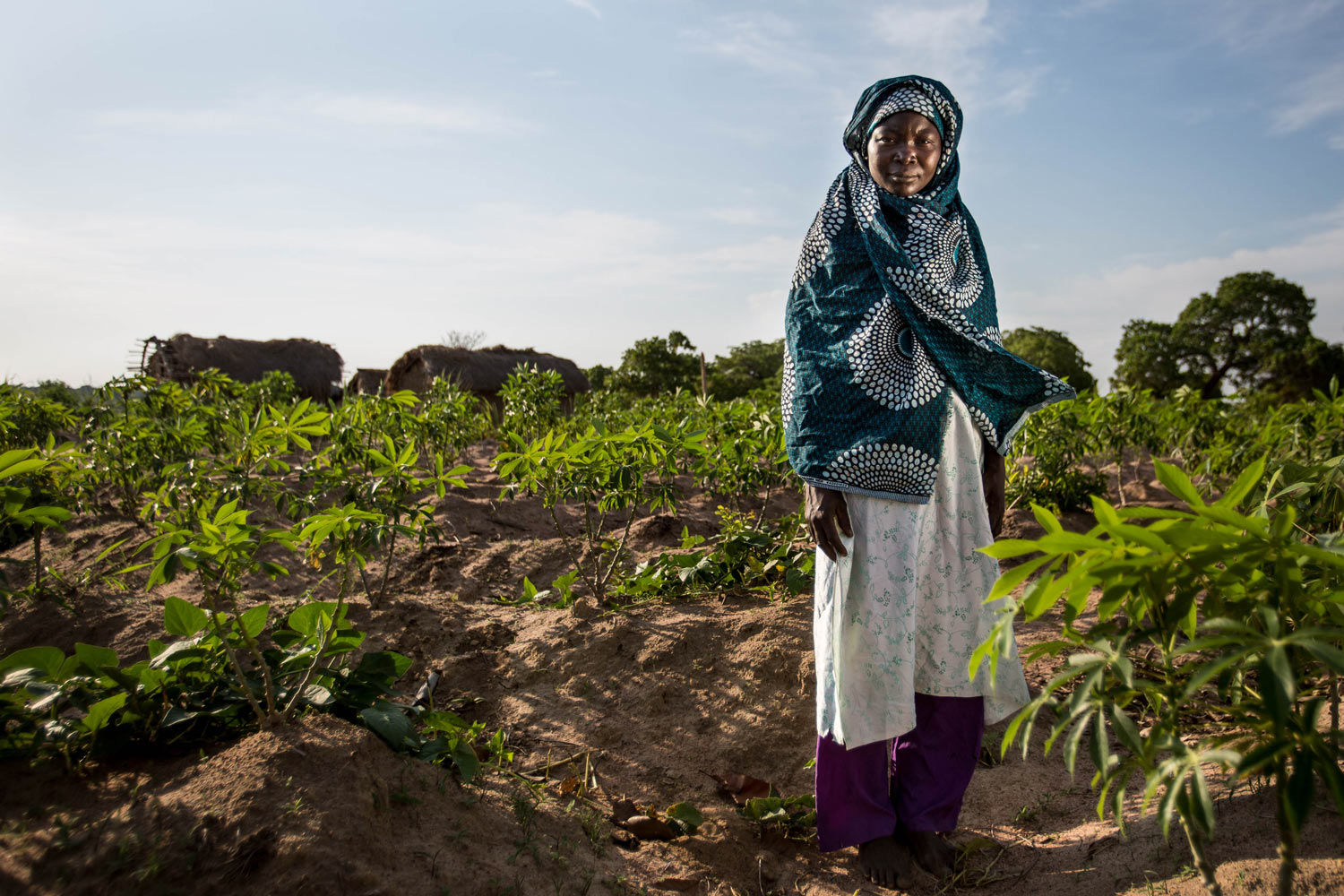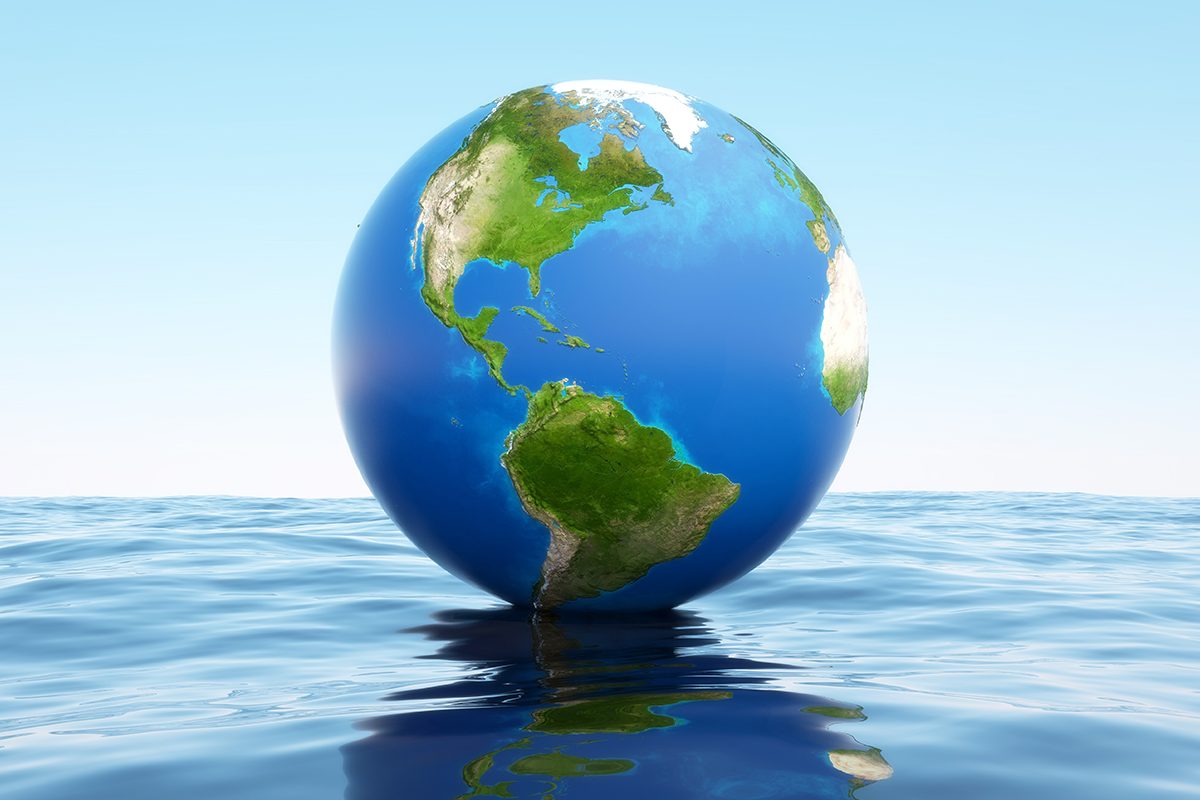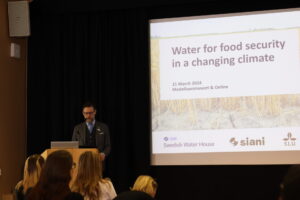Water can reduce global risks
Global water issues in your inbox
Stay up to date on SIWI's work and related topics from around the world.
Sign up to our newsletter
Freshwater ecosystems safe haven for biodiversity
Biodiversity loss, perceived as the third-most severe risk, is closely linked to the climate crisis, as well as other pressing issues like poverty, and continues at an alarming rate. The global Intergovernmental Science-Policy Platform on Biodiversity and Ecosystem Services (IPBES) warning of an era of mass extinction of species that could threaten also human existence.
Hopefully the coming year could mean a fresh start with the Convention on Biological Diversity setting new targets and more commitments made as part of the UN Decade on Ecosystem Restoration. But for this to be successful freshwater ecosystems must receive much greater attention since they are the most imperiled.
Despite freshwater ecosystems declining faster than terrestrial and marine ecosystems, there are few comprehensive strategies to protect them and less funding than for other biodiversity initiatives. In 2020 a group of scientists presented a six-step plan to boost protection of freshwater ecosystems, which could make it easier to take action.
It is time to raise awareness of the water aspects of humanity’s greatest challenges. We still have a tendency to overlook powerful water-related solutions simply because we are not used to thinking about climate and biodiversity in terms of freshwater. But when we start to see these connections we will also see more reasons for cautious optimism for the future.
Much of SIWI’s work in the coming year will therefore be focused on explaining these interlinkages and presenting existing or emerging solutions. Not least will this be part of World Water Week 2022 in August on the theme Seeing the Unseen: The Value of Water. Stay tuned for more updates!








